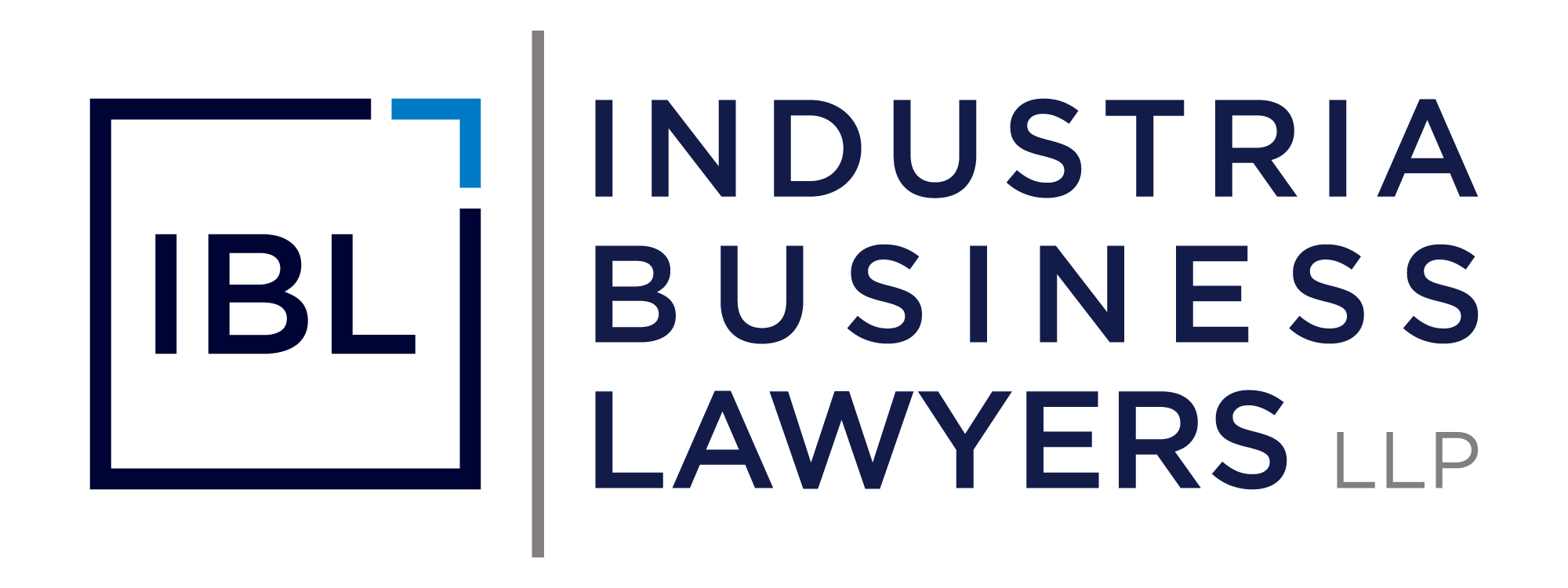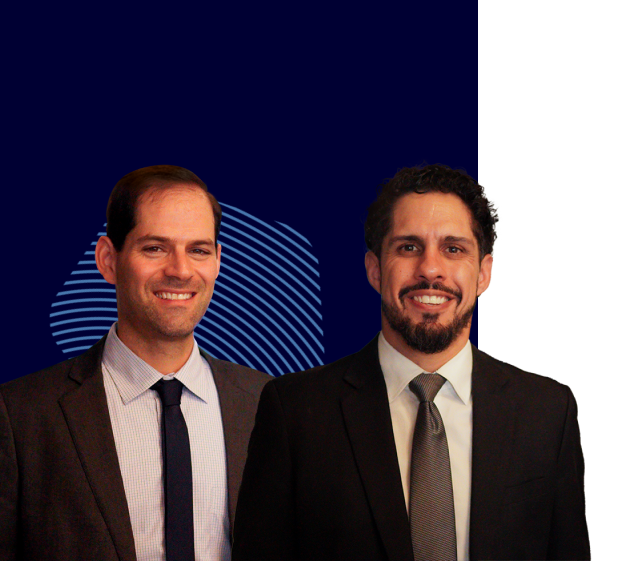Written by: Aaron Krowne, Esq.
The United States Securities and Exchange Commission (SEC) released a notice on March 20, 2025 (the “Notice”), giving its perspective on certain proof-of-work (PoW) crypto mining operations. The SEC Division of Corporation Finance stated that PoW mining does not involve the offer or sale of securities and thus miners and mining pools are not required to register with the SEC under federal securities laws.
This Notice provides the crypto world some much-needed clarity, especially for people involved in Bitcoin and other PoW-based tokens. Let’s break down what the SEC Notice includes and why it matters.
What Did the SEC Say About PoW Mining?
The SEC concluded that PoW mining does not implicate the selling of securities. Miners, including those in mining pools, are therefore not obligated to register with the SEC under the Securities Act of 1933 or the Securities Exchange Act of 1934.
In order to decide if mining operations would be considered a securities transaction, the SEC used the Howey Test. The legal test, which was created by the Supreme Court in SEC v. W.J. Howey Co., determines if something is an investment contract (and thus a security) or not.
The Howey Test states that an investment contract exists when:
- There is an investment of money
- In a common enterprise
- With an expectation of profit
- Derived from the efforts of others
The SEC concluded that PoW mining falls short of these requirements since:
- Miners are not investing in a common enterprise – Rather, they are investing their own electricity and computing power.
- The miners get rewarded through their own effort – They don’t rely on other individuals’ “managerial or entrepreneurial effort.”
- Mining is an administrative or ministerial activity – Miners adopt a set process, i.e., they are not relying on another person’s management to make profits.
For these reasons, the SEC determined that PoW mining is not an investment contract and, thus, not a securities offering.
What About Mining Pools?
The SEC also clarified that involvement in a mining pool does not alter the legal status of PoW mining. For years, there has been debate in the crypto community about whether or not the mining pools, in which miners combine computing resources and share rewards, would constitute securities offerings. Complicating the analysis, these arrangements are explicitly or de facto contractual–raising the probability that there could be a deemed investment contract.
But the SEC concluded that:
- Mining pools remain an individual effort – Even in a pool, miners use their own computational power to earn rewards.
- Pool operators essentially offer administrative and “ministerial” services – They coordinate resources, provide security, and allocate rewards, but they do not have control over the miners’ potential to make profits.
- Miners are free to leave a pool at any time – This freedom means miners are independent of the pool operator as opposed to how investors are dependent on company executives.
Because the mining pools are a cooperative effort by miners, rather than an investment scheme run by a central party (in Howey case law nomenclature, this would require exerting meaningful “entrepreneurial or managerial efforts”), the SEC concluded that they do not qualify as securities offerings.
Why Does This Matter?
The SEC Notice is a major win for the cryptocurrency mining sector because it eliminates regulatory uncertainty. If mining were to be considered a securities offering, miners and mining pools would have needed to register with the SEC, abide by securities laws, and potentially even face significant legal challenges (such as SEC enforcement cases and fines, or private civil lawsuits).
How Does This Compare to Proof-of-Stake (PoS)?
Though this Notice is a victory for PoW miners, it does not address the SEC’s position on proof-of-stake (PoS) systems, which function somewhat differently (including the current version of Ethereum, AKA “Ethereum 2.0”). PoS has users “stake” their tokens (i.e., lock them up temporally with the network) to confirm transactions, with rewards depending on the amount staked and not primarily upon computing power.
The key question is whether PoS systems depend more on the efforts of a centralized group, thereby qualifying them as securities under the Howey Test.Namely, the SEC has not taken any enforcement action against Ethereum 2.0 or any of its associated entities or major consensus participants–despite its transition in 2022 from PoW to PoS.
The transition was largely made possible by the Ethereum Foundation and other major players like the Consensys company, which invested millions of dollars and in-kind efforts into its development. If the SEC had taken a strict stance, it could have argued that this involvement, along with the lower reliance upon computational power of the consensus algorithm participants, made Ethereum 2.0 a security. Instead, the SEC closed its Ethereum 2.0 investigation into Consensys without enforcement, suggesting that proof-of-stake itself and large, concerted blockchain upgrades do not necessarily create securities.
This matters because other blockchain networks, such as DASH, have taken similar upgrade paths. The Bitcoin community has also explored PoS-like adjustments for greater efficiency. If Ethereum’s upgrade to PoS was deemed by the SEC not to render ETH a security, it seems likely that the same would hold for other networks and their tokens generally.
Moreover, the SEC’s PoW decision aligns with Audet v. Fraser, a federal case where a jury ruled that cryptocurrency mining-linked tokenized products (called “Hashlets”) were not securities. The court’s rationale was that because users exercised some level of control over mining through the Hashlets (in particular, the ability to enter and exit from them arbitrarily on their own volition), they were not overly dependent on a third party’s efforts. This outcome suggests that a certain degree of user involvement protects contractual participations in blockchain rewards-producing activities from being classified as securities (this would, at base, presumably include “delegation” of staking on PoS networks). Notably, this was the outcome in Audet despite the Hashlet purchasers not contributing any of their own computing power–only the capital to purchase the Hashlets, which was used by the commercial counterparty to purchase and deploy the computing power.
Final Thoughts
The SEC’s March 2025 announcement provides significant de facto relief to PoW miners, including secondary participants via mining pools, assuring them that mining operations do not constitute securities transactions. Thus, miners, both individual and pool participants, do not require registration with the SEC. Furthermore, while the Notice didn’t mention PoS or other contractual, rewards-bearing arrangements in crypto, it stands to reason that the rationale underlying the Notice could be equally applied to PoS participation and even delegation or other second-tier, contractual arrangements. . However, where the SEC goes next is not fully-certain, so miners, stakers and contractual, second-tier crypto market participants must remain vigilant for potential follow-on future SEC actions and guidance.
Do not hesitate to reach out to us to discuss how we can prospectively provide guidance on these issues.
Footnotes:
¹See, e.g., Nikhilesh De, “SEC Ends Probe Into Consensys, Won’t Sue Over Ethereum,” Coindesk (June 19, 2024), available at “https://www.coindesk.com/policy/2024/06/19/sec-ends-probe-into-consensus-wont-sue-over-ethereum/; see also, “SEC Closes Ethereum 2.0 Investigation, Will Not Pursue Ethereum Enforcement Action,” Consensys Blog (June 18, 2024), available at https://consensys.io/blog/sec-closes-ethereum-2-0-investigation-will-not-pursue-ethereum-enforcement.
²Audet v. Stuart A. Fraser, Gaw Miners, LLC, CASE NO. 3:16-cv-0940 (MPS) (D. Conn. June 21, 2019), 2022 U.S. Dist. LEXIS 99304. See “efforts of others” main Hashlets discussion at 49-50. Notably, the jury instruction on this element stated: “[i]f there was a reasonable expectation of significant investor control, then profits would not be considered derived solely from the efforts of others.” Id., at *12, ECF No. 326 at 21-22 (jury instructions).


